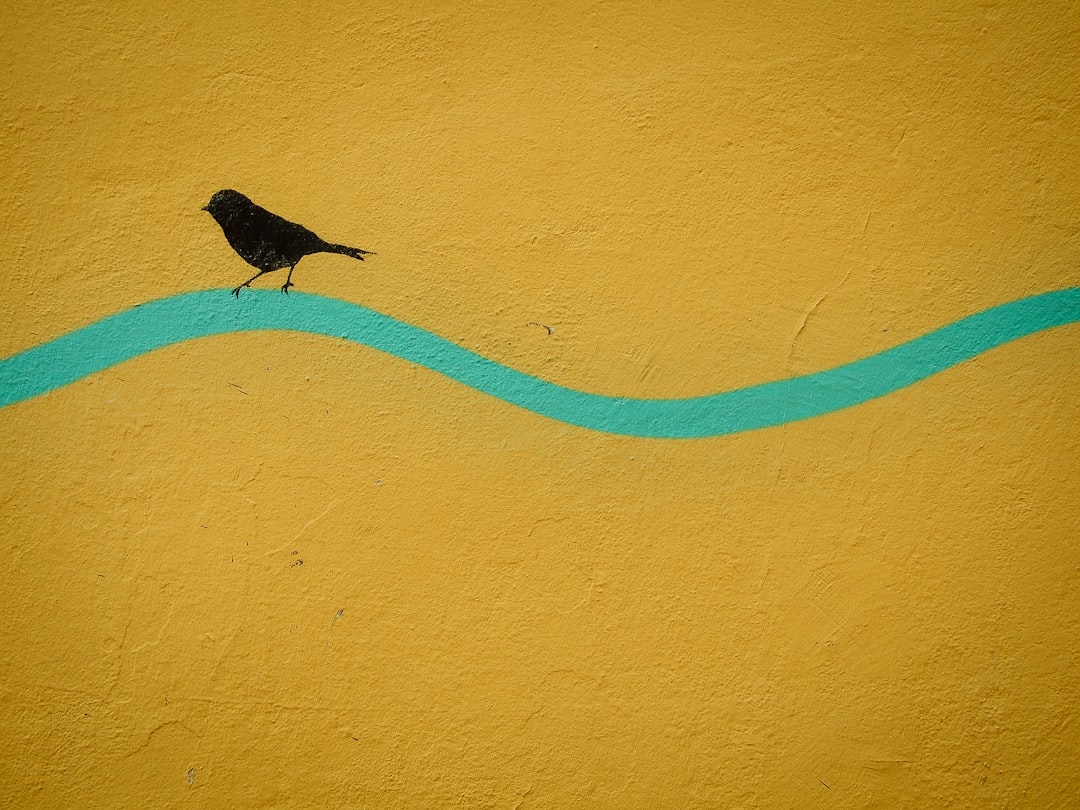How to activate your ultimate power of autonomy (which no one can take from you)
Hint: you can do so every single moment
Hello friend! 👋
Welcome to this week’s Super Sunday newsletter!
This week I would like to share with you what I learnt to be the ultimate solution to almost every difficulty or problem we deal with, whether internal or external.
Before we start, here is one of my favorite quote of all time:
“Everything can be taken from a man but one thing: the last of the human freedoms – to choose one’s attitude in any given set of circumstances, to choose one’s own way“
- Viktor Frankl
Realizing this freedom can hold the key to a life of peace and transformation.
Let’s dive in!
Autonomy is #1 intrinsic motivator for well-being
According to one of the most prominent well-being theories, the Self Determination Theory, we want three needs to be met to achieve well-being:
Autonomy: the ability to have a choice.
Competence: the ability to deal with challenges.
Community: the ability to form genuine connections.
If these needs are met, individuals are able to achieve well-being intrinsically, detached from any extrinsic factors - with Autonomy being more critical than the other two in playing a role in achieving that.
Think of it, we strive for freedom in everything we do;
We value money because it offers us financial freedom
We value health because it offers us longevity and ability to engage effectively (freedom to experience more)
We value genuine relationship because they offer us the chance to freely express ourselves.
The examples can go on - you may find that it is true your own experience as well.
Unfortunately, most of the freedoms talked above are ones that can be taken away from us - or require effort on our part to maintain/actualize.
However, the freedom to choose our response to any stimulus we are faced is our inherent freedom.
This can’t be taken away and requires no effort from our part to exercise.
In every situation, in every moment, we have the final say in choosing the response we wish to move forward with.
This can have transformational powers and surely has been one of my biggest change agents.
Only we can drive change
I used to feel distant from anyone talking about driving change.
I always thought: “I don’t want to change! I’m quite good where I am, I just want to get better at x or y”
In reality, getting better means giving up old habits and forming new ones.
Going from current reality to our intended potential.
This journey from zero to hero requires change, and is the basis of all coaching interactions.
As I dive deeper into the Coaching Psychology module of my current Master’s program, I am becoming even more convinced that you can’t help those who don’t wish to be helped.
No matter how genuine or impactful your approach is, the final say lies with the person and their desire to change.
They have to make that choice.
Without this choice all attempts of change and progress go in vain.
Another point to realize is the fact that we always make a choice, even when the choice is done on auto-pilot, it is still a choice.
This is very important to note as people who sometimes think they are helpless, usually assume much of their choice is taken away.
In fact psychology calls this “Learned Helplessness”; that we can literally teach and condition ourselves on lack of choice simply giving up our freedom to choose.
Take a quick survey of your daily interactions over the past week:
How many decisions did you make per day?
How many decisions you left to be made on your behalf or on auto-pilot?
Mindfulness helps strengthen ability to choose
The first step towards any change is awareness.
Why?
Because when we are aware, we are able to recognize and notice any auto-response patterns that govern our lives, and instead choose a different response.
That’s where the power for change happens; moment-to-moment.
At the core of mindfulness practice is building awareness of our moment-to-moment experience.
When we become aware of all the mental and emotional patterns that govern our thinking and feeling, we also become empowered to question if they are serving us.
Where they serve us we may choose to continue, and where they harm us we now can choose differently.
In sitting mediation practice the intent is to “train” this awareness such that it becomes more readily accessible.
And we know from neuro-plasticity that our brains are capable of changing, the neural networks that fire together wire together.
In other words, the things we practice repeatedly can be accessed more readily.
This brings back to you;
How is your mindfulness practice?
What exactly about sitting meditation you find most challenging?
Like any other practice, it requires consistency to allow a pathway for mastery.
Have fun exploring and learning.
And make sure you make at least one decision a day to exercise your freedom to choose!
Have a Super Sunday! 💪
With much joy,
Hashim
*Photo credit: Crawford Jolly from Unsplash



Very interesting! I liked the way you phrased the concept of change and how it is necessary to get better!
Love this. I feel many people make decisions based on the expectations of others so that they're not judged negatively. Which is unfortunate and can lead to disappointment.